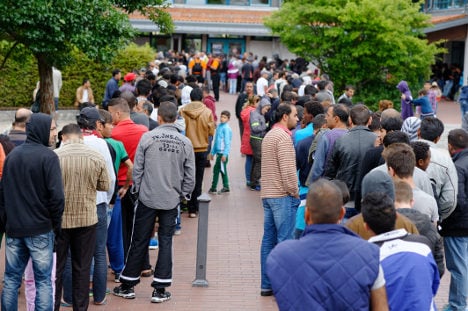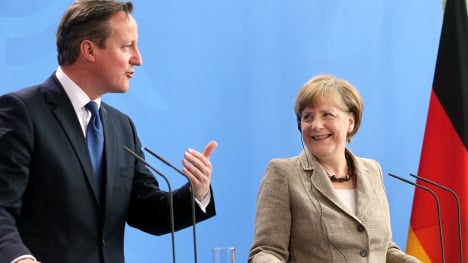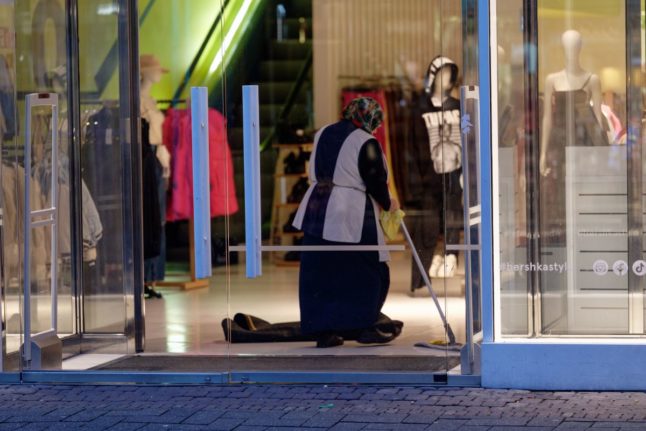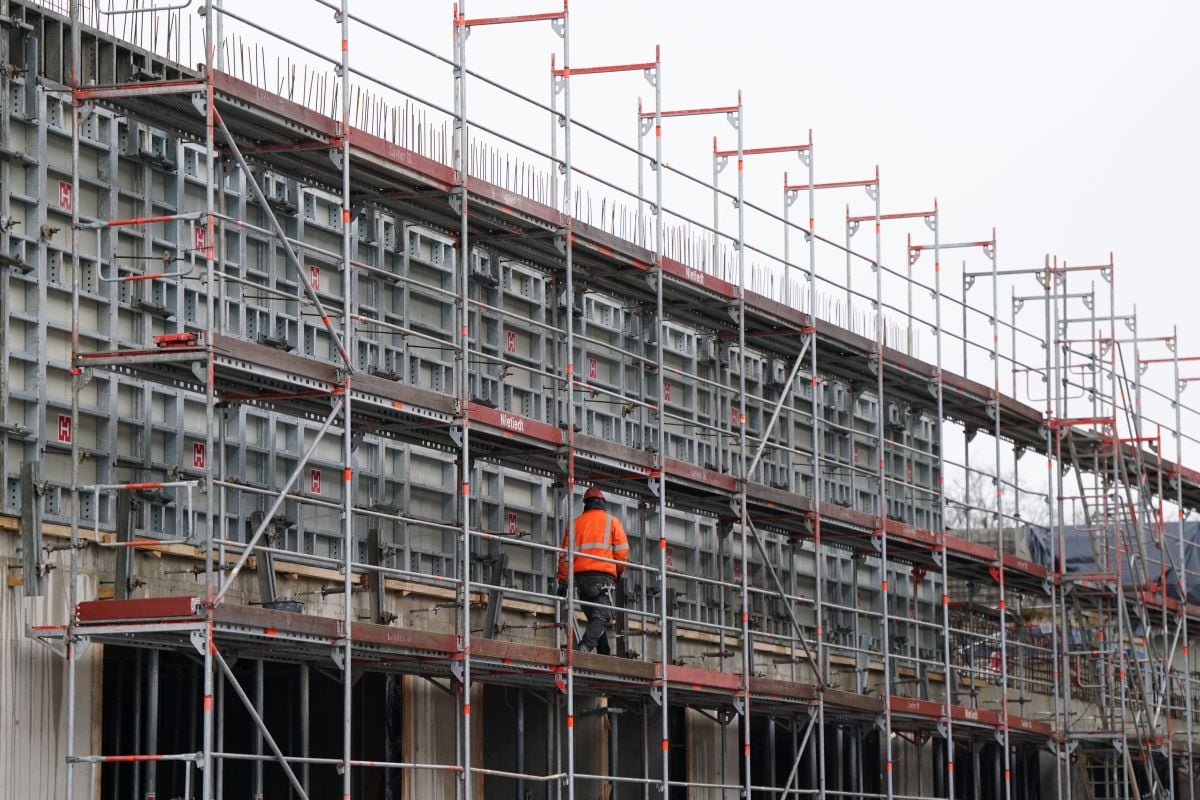The UK is getting extremely creative when it comes to finding reasons to complain about its European partners at the moment.
Off the record, senior figures in the country claim that Germany is pilfering all the best refugees before Britain gets a look-in.
“Some business leaders and a couple of Tory ministers… said that Angela Merkel is creaming off the most economically useful of the asylum seekers by taking those that have shown the gumption and initiative to risk life and limb by fleeing to Europe,” BBC economics editor Robert Peston wrote in a blog post on Monday.
“Precedent suggests they will be the ones that find work fastest and impose the least economic burden on Germany or any other host country.”
Peston cites Germany's aging population – with the proportion of people over 65 set to reach 32 percent by 2060 – as a reason why the country might want to take on large numbers of these self-selecting refugees who will add a lot to the country's economy.
He also claims that the refugees who reach Germany are by-and-large well-educated.
Are refugees really all middle-class?
But this suggestion quickly falls over when exposed to some real evidence.
A study published in August by the Institute for Labour Market and Vocational Research (IAB) found that while some migrants arriving in Germany had higher-level qualifications, there was also “a very high proportion of people who had completed no professional training”.
The Nuremberg-based institute cites a survey this year of 20,000 recently-arrived refugees which found that just seven percent had attended school for 13 or more years – while two-thirds had completed no qualifications at all.
And another survey found that just 13 percent of those arriving in Germany as asylum seekers in 2013 had completed a university degree.

Refugees waiting in line for lunch at an accommodation centre in Friendland, Lower Saxony. Photo: DPA
“Everything we know from the past shows that refugees tend to have a lower rate of employment than other sections of the population,” Dr Sebastian Braun, head of research area for globalization and the welfare state at the Kiel Institute for the World Economy, told The Local.
While he acknowledged that “those who are coming here at the moment have made it over long distances, in some cases been able to pay people smugglers and things like that,” that didn't mean that they would all be boons to the German economy.
“Only the second generation, who will grow up here and learn German from kindergarten, will be better integrated and do better in the long term,” Braun argued.
More than a language
The question of integrating into the German workplace doesn't just mean learning the German language, either.
Many refugees can't provide proof of their qualifications – which in the first place may not have been comparable to certificates German employers understand.
While employers in Germany have been vocal about opening up the labour market to young refugees, for those further advanced in years – and careers – finding a job that makes sense could be very difficult, especially while going through an asylum application and living in state-provided space which may be located far away from the nearest work.

A young refugee takes a class on welding in Bremen. Photo: DPA
In fact, the IAB found that even in the long term, only around 55 percent of asylum seekers who remain in Germany eventually find work – far lower than those travelling voluntarily to Germany from other countries or other EU member states (about 75 percent of both those groups find work).
Not enough refugees
Last but not least, even the huge-sounding numbers expected to arrive in Germany in 2015 – 800,000 at the last official government estimate – are far from enough to plug the enormous demographic hole Germans have dug for themselves.
The number of people in the workforce is expected to fall from 45 million this year to just 29 million by 2050 – a crash of 36 percent.
Figures published by the Bertelsmann Foundation in March showed that Germany would need 500,000 extra workers every year between 2015 and 2050 just to keep the workforce at the same size.

Two refugee children playing in an accommodation centre in Thuringia. Photo: DPA
Short of every single Syrian moving to Germany, there will never be enough war refugees to fill this need – even if every one were fully capable of working, which they are not and may in some cases never be.
Relax, Britain
So, those hard-done-by British businessmen and ministers can relax for now.
Germany isn't going to be afforded an enormous economic Vorsprung durch Flüchtlinge (headstart through refugees) that will leave its European competitors in the dust.
In fact, since Germany hasn't updated its immigration and asylum procedures for decades, it looks like it's more because of its existing reputation for a strong economy that the country has attracted so many refugees.
Angela Merkel has had plenty of warm words to say about those coming to Germany, but actually implementing anything to help them is taking time.
And refugees from Syria – those who might be attracted by Germany's suspension of the EU's 'Dublin' rules that require asylum seekers to apply in the first EU country they reach – remain a minority, at just 20 percent of the applicants in the first half of 2015 according to the Federal Office for Migration and Refugees (BAMF).
It may be decades before refugees are well-enough integrated to make a big positive difference to the German economy, but ordinary Germans – and ordinary British people – have in recent weeks forced their governments to look enthusiastic about giving them the chance.
We shouldn't tarnish that humanitarian generosity by making refugees a football in two rich countries' political grudge match.




 Please whitelist us to continue reading.
Please whitelist us to continue reading.